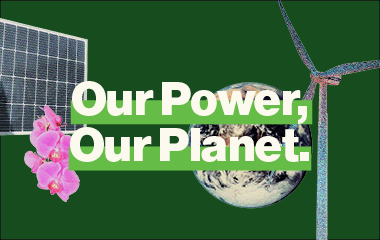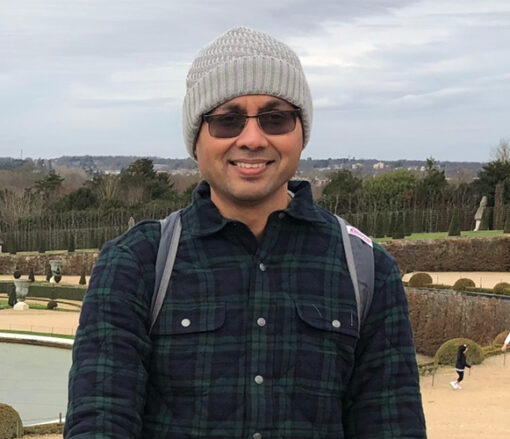July 25, 2024
Views from Reform and Sustain: Engaging Young Activists in Climate Action
Featuring Dr. Ariane Jong-Levinger, Co-Founder and Advisor, Reform and Sustain
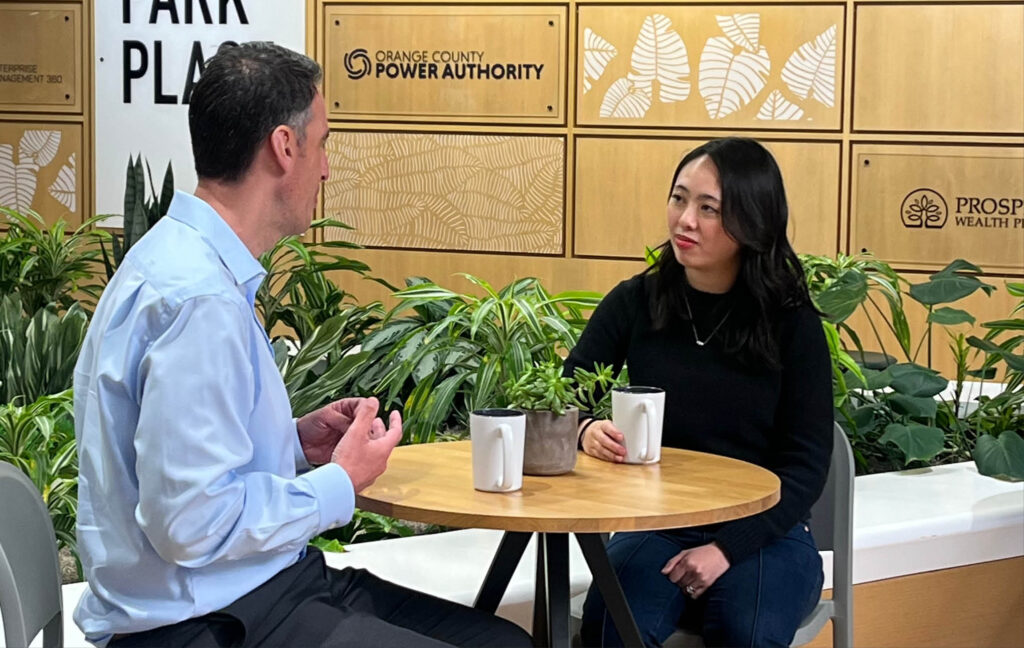
It’s no secret that younger generations are worried about climate change, as many are found at the forefront of climate activism. Through our “Sustainably Speaking” YouTube series, OCPA CEO Joe Mosca wished to see through the lens of young climate activists by speaking with one of Orange County’s own advocates, Ariane Jong-Levinger, Ph.D., co-founder and advisor of Reform and Sustain. This local group is spearheading environmental activism, empowering young people to make a tangible difference. We asked Dr. Ari about the group’s mission, her take on community choice aggregation (CCA), and how young people can engage in climate action. Here’s what she had to share:
Let’s talk about Reform and Sustain. Tell me a little bit about your organization and the mission behind it.
Reform and Sustain is a nonpartisan group of young environmentalists aiming to connect people to action on environmental issues in Southern California. We attend events together, engage in our democracy, and share knowledge on sustainable living and climate policy. Our mission is to make a positive difference on climate change and provide a welcoming community for young people in Orange County who care about the environment but need help getting started.
What inspired you to get involved in climate action?
In high school, my biology teacher showed “An Inconvenient Truth,” which woke me up to the urgency of climate change. I wondered why the adults weren’t doing more and decided to dedicate my career to it. I studied environmental science and policy at Chapman University and did climate-related research. After working for a nonprofit in Los Angeles, I pursued a Ph.D. in environmental engineering at UC Irvine, studying how wildfires impact flooding and designing climate-resilient infrastructure.
Your journey is inspiring. As a professor, what do you teach your students about climate action?
I focus on solutions and actions that give hope. I teach as part of a program called the Grand Challenges Initiative, where students address global issues like climate change. I encourage them to be part of the solution and to raise their voices when they see the need for change.
That’s a great segue into community choice aggregation. What do you tell your students about the Orange County Power Authority (OCPA) and community choice?
When I think of OCPA, I think of having a choice in our energy mix. Rather than only having options from investor-owned utilities, we can choose renewable energy. As a renter in Irvine, I opted for OCPA’s 100% renewable option. It was an easy way to impact climate change without installing solar panels. The cost difference was minimal, and it felt empowering to make that choice.
So as someone who’s always trying to communicate about how people can make a difference, what would you say are some of the messaging or ways of communicating with people about this existential threat called climate change?
I would say the number one thing is to think about values, shared values rather than facts. Because facts can really only get so far. So if someone says, “I love hiking, I love going outdoors,” I can say part of the reason I’m taking action on this issue is because I want to have those natural resources available for me, but also for my children and the next generation. And I really care about preserving that.
Also, meet people where they are at. Ask them questions about what they already know about the issue, and maybe ask them questions about, well, why don’t you see this as an important issue? What other issues do you think are more important? And from those answers, you can kind of reframe the conversation. For example, “Well, if you think national security is really important, climate change really threatens many aspects of our national security.” There’s just so many intersections between things that people already care about and climate change.
Is there any difference with communicating effectively with young people?
I think the young people I’ve met already understand that climate change is an issue from the things they learn in school. Now, they want to see action from their decision makers, from their leaders. The main thing is they need to see how they can be part of the solution. It’s not just something that’s happening to them, but rather that they can make a choice or say something or do something that actually contributes toward the solution.
In the case of OCPA, this is a pretty easy argument to make, right? If they live in one of your member cities and they pay their own electricity bill, they get to choose their level of renewable energy. Then, if they live in a city that is not part of OCPA, those college students can be instrumental in saying, “Hey, City Council, we want you to be part of OCPA. I want to have the clean energy choice.” And I think just in general, acknowledge that young people do know a lot about the issues, and then talk about the solutions that OCPA can provide and how you can partner, because these young people have a lot of ideas, and I’m sure they’d love to share their ideas with you.
Great advice. Young people need to see they can contribute to solutions. What advice do you give to students wanting to get involved in climate action?
Join like-minded people. Find a community like Reform and Sustain to support and educate each other. Start small with actions you enjoy and build confidence. Engage in our democracy—vote, email, or meet with representatives to advocate for change. Individual actions are important, but collective action is crucial to address climate change effectively.
Climate Action is Community Action
Every small action counts in making our world more sustainable. Climate action leaders just like Dr. Ari are empowering young people throughout Orange County and beyond to make a difference. We thank her for sharing her valuable insights on climate action. To learn more about how you can make a stand against climate change, tune in to our Sustainably Speaking series.
About Orange County Power Authority
The Orange County Power Authority is a not-for-profit public agency that offers clean power at competitive rates, significantly reducing energy-related greenhouse emissions and enabling reinvestment in local energy programs. To learn more, visit www.ocpower.org.
Related Stories
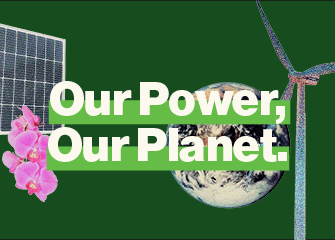
April 1, 2025
Global Earth Day 2025 Action Starts Here In Orange County
Each Earth Day focuses on a new theme to bring global attention to the most pressing environmental issues....

March 27, 2025
Student Artwork Spotlight: Picturing a Better Tomorrow Art Contest
At Orange County Power Authority (OCPA), we believe a cleaner, greener future starts with bold ideas—and our youngest...
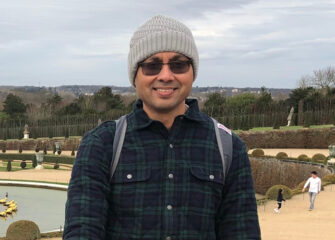
March 3, 2025
Q&A: Pranesh Venugopal, Orange County Power Authority Energy Programs Manager
Pranesh Venugopal joined Orange County Power Authority (OCPA) as Energy Programs Manager in November 2024, bringing with him...


